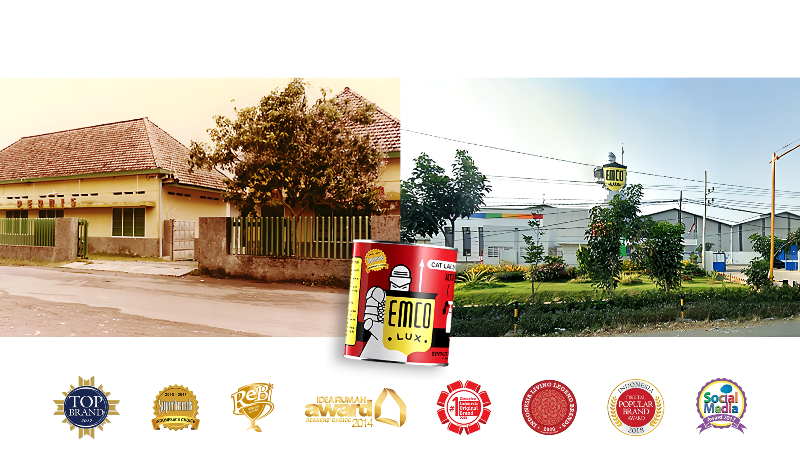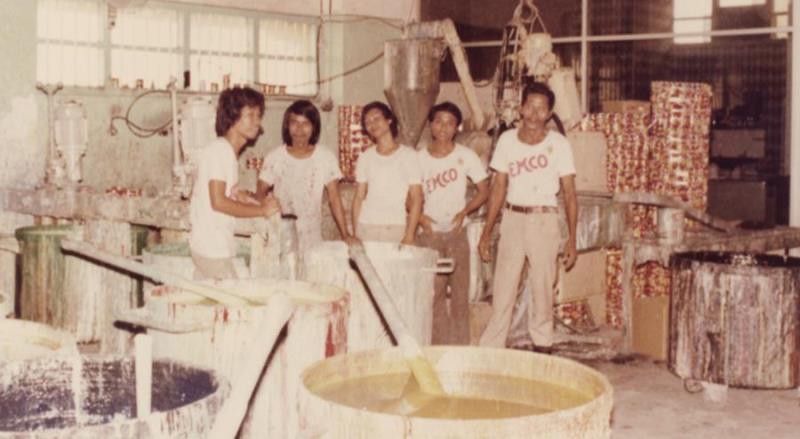The current workforce is dominated by Millennials and Gen Z, who have different principles and lifestyles compared to previous generations. These younger generations place greater emphasis on ESG (Environmental, Social, and Governance) issues. Consequently, companies that do not prioritize ESG considerations become less appealing to both the consumer market and job seekers from these generations.
"The formula for gaining consumer trust has changed. Good quality products and services are no longer enough. A commitment to ESG, coupled with the consistent delivery of these principles, is crucial for ensuring a company’s sustainability,” said Amelia Sidik, PhD, a family business branding specialist in Indonesia.
In family businesses, two or more generations often work together in managing the company. This can be an advantage, as it combines the experience of the older generation with the fresh perspectives of the younger one. However, it can also pose challenges if the generations fail to communicate openly and regularly to bridge differences in opinion. It is vital that family members, as both relatives and business partners, communicate with the understanding that they share a common goal: advancing the company. Any differences in how to achieve this goal should be discussed collaboratively.
According to PWC’s Global Family Business Survey 2023, there are three key transformations necessary for family business sustainability:
1. Transformation to Build Customer Trust
Many long-established family businesses have built a loyal customer base. However, this trust can erode if the company focuses solely on financial performance and neglects ESG factors.
2. Transformation to Gain Employee Trust
The ability to attract and retain top talent is crucial for a company’s sustainability. Many millennial and Gen Z job seekers prioritize ESG concerns when evaluating potential employers.
3. Transformation to Build Public Trust
Business decisions and conflict resolution must be handled professionally, akin to non-family businesses, by involving external experts rather than relying solely on family hierarchy.

One family business that has successfully undertaken this transformation is PT Mataram Paint, a paint manufacturing company from Surabaya that has operated since post-independence. Freddy Pangkey and Iwan Kusmarwanto, second-generation leaders of the company, shared their experience in implementing ESG initiatives, such as:
- Developing environmentally friendly products
- Building a new energy-efficient factory with a comfortable working environment
- Leveraging digital technology for internal operations and external promotion
Freddy’s family business has developed several strengths, including competence, social networks, and strong business values. Competence is built through years of experience and continuous learning. A robust social network is formed through long-standing relationships with various stakeholders, including customers, suppliers, and business partners. Meanwhile, strong business values are reflected in a commitment to quality, innovation, and social responsibility.
Family businesses with these advantages form a solid foundation for Indonesia’s economy. In a broader context, they contribute to national economic growth by creating jobs, fostering economic development, and enhancing societal welfare.
Cek Berita dan Artikel yang lain di Google News



















